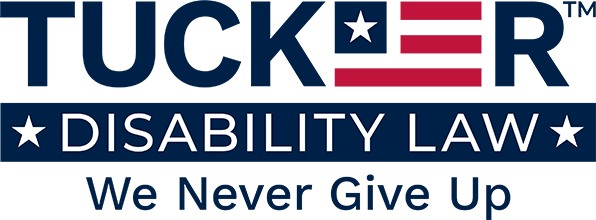While there has been progress, there are also persistent challenges for people with disabilities seeking to bridge the gaps in accessing quality healthcare.
Jennifer is accustomed to facing obstacles to health care. The 37-year-old assistive technology specialist for United Cerebral Palsy of Eastern Connecticut has cerebral palsy. As she describes it, her condition, which resulted in quadriplegia, means “pretty decent use of my left arm, very limited [use] of right arm, and no use of my legs.”
She has worn glasses since she was a young girl; when she was smaller, her father would carry her up the steps of the eye doctor’s office, which wasn’t handicap accessible. When that became unfeasible, she had to find another eye doctor.
Jennifer’s journey with cerebral palsy illustrates the systemic barriers faced by individuals with disabilities in accessing healthcare. However, her story is one of many, each highlighting unique challenges and the ongoing need for systemic reforms.
Diverse Experiences, Common Challenges
Consider John, a 45-year-old former construction worker who developed a spinal cord injury from an accident, resulting in paraplegia. Navigating the healthcare system, John encountered facilities ill-equipped for wheelchair access and healthcare professionals unfamiliar with his specific needs.
Similarly, Maria, a 53-year-old who developed multiple sclerosis, faced numerous hurdles. These included long wait times for specialized care and a lack of understanding from healthcare providers about the progression of her condition.
Systemic Reforms in Action
Encouragingly, there are examples of systemic reforms addressing these issues:
- The ADA Compliance Project: Some hospitals have initiated projects to ensure full compliance with the Americans with Disabilities Act (ADA), which includes physical modifications to facilities and training staff in disability etiquette.
- Integrated Care Programs: Certain health systems have developed integrated care programs specifically for patients who have become disabled due to accidents or illnesses, providing comprehensive, coordinated care.
- Disability-Specific Training for Healthcare Professionals: A growing number of medical schools have integrated disability-specific modules into their curriculum, focusing on conditions acquired later in life and their unique healthcare needs.
A Call for Continued Advocacy and Inclusion
While these stories and reforms represent progress, much work remains. The healthcare sector must continue to evolve, ensuring accessibility, empathy, and expertise in treating all patients, regardless of their disability. Key areas for continued focus include:
- Expanding Disability Training: Broadening training programs in medical education to cover a wider range of disabilities, especially those acquired later in life.
- Policy Advocacy: Working with policymakers to address gaps in healthcare access and quality for people with disabilities.
- Technological Integration: Harnessing technology to improve accessibility and care coordination for disabled patients.
- Patient-Centered Care Models: Developing care models that are truly patient-centered, acknowledging the unique experiences and needs of each individual with a disability.
As we move forward, the experiences of individuals like Jennifer, John, and Maria remind us of the importance of a healthcare system that not only acknowledges but actively accommodates the diverse needs of its patients. The journey toward equitable healthcare is ongoing, and it requires the collective effort of healthcare providers, policymakers, and communities.
How Tucker Disability Law Can Help
Navigating the disability claim journey solo can be overwhelming. Whether you’re initiating a claim, appealing a denial, or preparing for a legal proceeding, our team has the expertise to support you. Contact us at 866-994-5399 for a complimentary discussion about your case. We’re here to help you make informed decisions. We have over 30+ years of fighting the insurance companies and have a 98% win rate.
Use the blue contact section NOW to call us, live chat with us, or message us. You can also message us using our confidential contact form.
At Tucker Disability Law we don’t settle for less. Neither should you.







